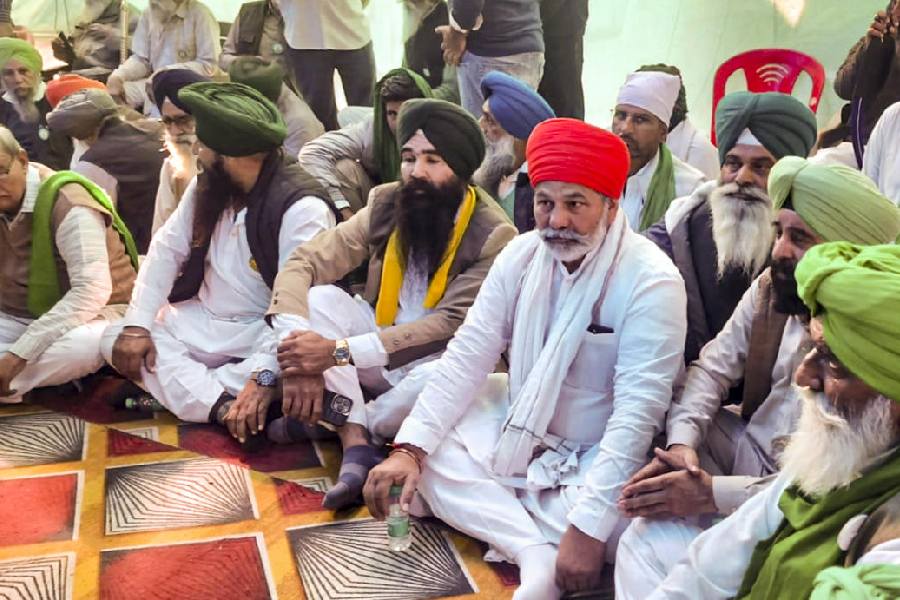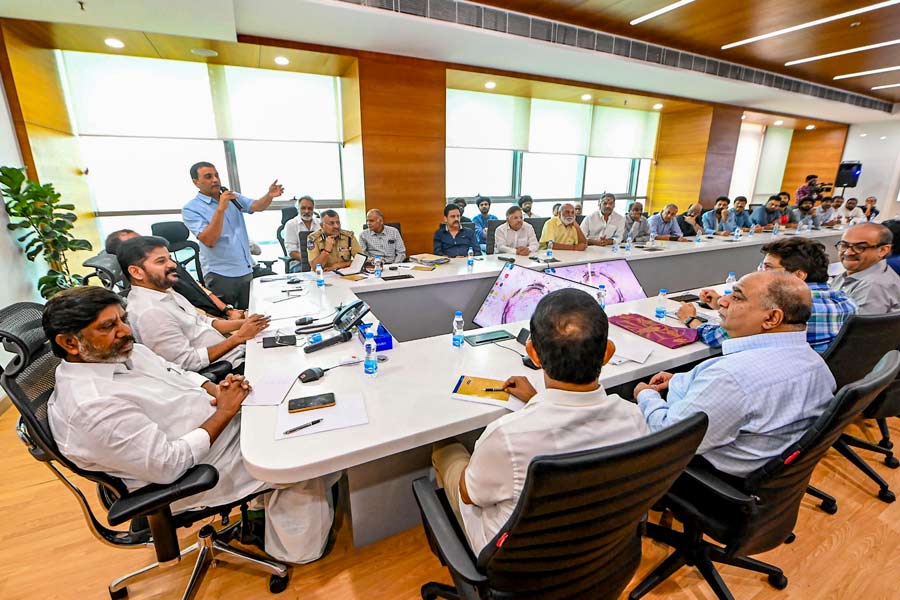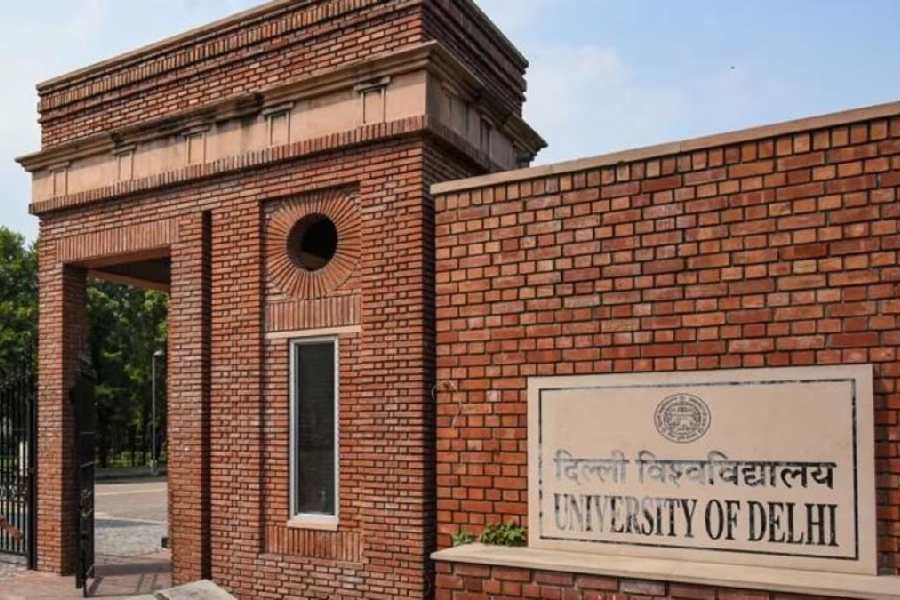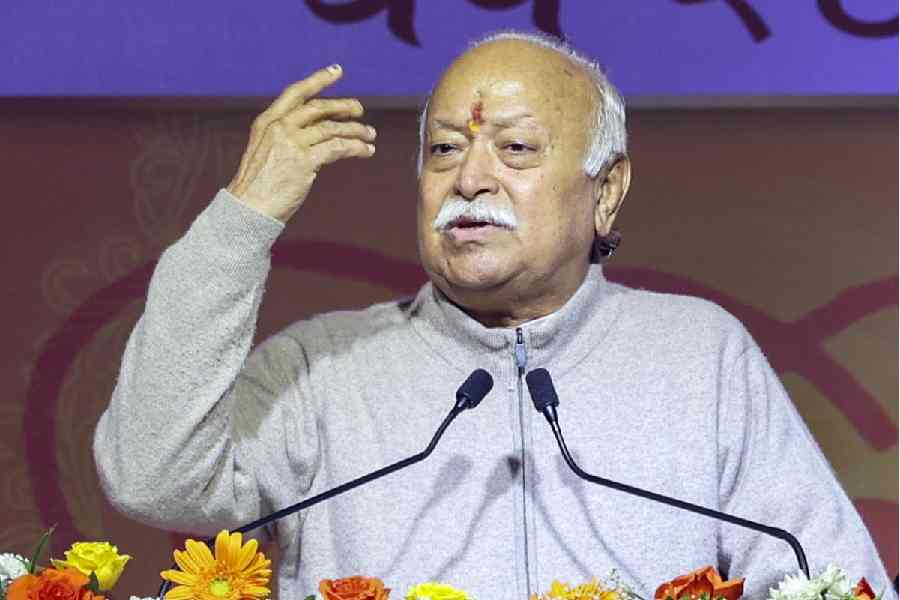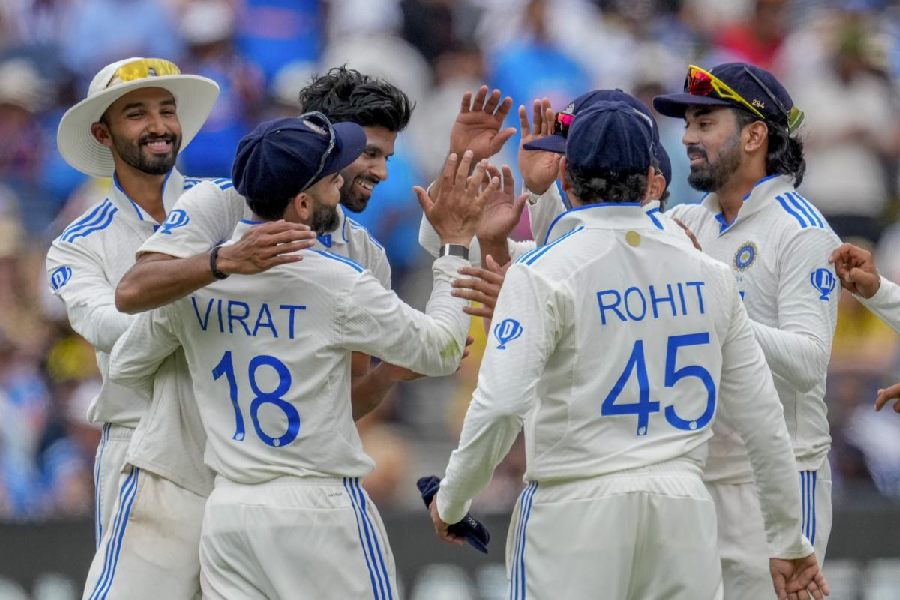Everything appeared to be heading in the right direction for a breakthrough in West Asia peacemaking, to avert a spiralling war that would embroil the region.
Officials from the United Nations, France and the US had hammered out a statement calling for a three-week cease-fire aimed at preventing a broader conflict between Hezbollah and Israel, and shared it with the two sides to consider.
Amos Hochstein, a White House envoy, told United Nations and Lebanese officials that Israel was ready to endorse the statement, according to four Western diplomats and three Lebanese officials who were involved in or briefed on the talks. The leader of Hezbollah, Hassan Nasrallah, also sent word through an intermediary that his powerful militia supported the call for a cease-fire, the officials said.
So on September 25, as world leaders gathered in New York for the United Nations General Assembly, President Biden and President Emmanuel Macron of France announced the plan and released the statement, expecting the warring parties to publicly embrace it.
But two days later, before diplomats could draw up a detailed cease-fire proposal, Prime Minister Benjamin Netanyahu of Israel declared at the United Nations that Israel must “defeat Hezbollah in Lebanon”. Soon after, huge bombs fell on Beirut’s southern suburbs, killing Nasrallah and extinguishing any immediate prospect of a cease-fire.
Now the expanded war in Lebanon that officials had been working to prevent is raging — and threatening to ignite a larger regional conflagration.
As Israel launches deadly strikes and its forces clash with Hezbollah in southern Lebanon, interviews with nine officials with direct knowledge of the talks have revealed that progress toward a cease-fire was further along than previously known, but it was halted abruptly when Israel killed Nasrallah.
In an interview, Abdallah Bou Habib, the Lebanese foreign minister, accused Israel of extinguishing the possibility of a deal.
“They don’t want peace,” he said of the Israelis. “They want to continue fighting.”
Israeli officials have said that they seek to push Hezbollah away from the border so that more than 60,000 displaced Israelis can return home, and they doubt that a cease-fire alone could accomplish this.
A senior Israeli official, speaking on the condition of anonymity to discuss sensitive diplomacy, said that Israel had engaged in initial talks about a potential cease-fire, but did not expect to reach a truce during Netanyahu’s visit to New York.
The call for a temporary cease-fire in Lebanon came after 11 months of failed diplomatic efforts to end the war between Israel and Hamas in Gaza, and sought to prevent a second major war — between Israel and Hezbollah. The killing of Nasrallah was the second time in 10 weeks that Israel had quashed progress toward a cease-fire by striking a militia leader; Israel’s assassination in July of Ismail Haniyeh, the political leader of Hamas, led to the hardening of that group against any cease-fire proposal.
In an attempt to stop the violence and to head off an Israeli ground invasion, officials from the United Nations, France and the United States began what one official called a “massive effort” to negotiate a temporary cease-fire.
Top officials from the White House and Israel had an initial conversation on September 23. Then Hochstein, a senior White House official who had helped broker a maritime border agreement between Lebanon and Israel in 2022, took the lead, telling Lebanese officials that if they could secure Hezbollah’s buy-in, he would do the same with Israel, according to a Lebanese official, a Beirut-based diplomat and a senior American official.
The proposal called for a 21-day pause in fighting to allow for diplomacy aimed at reaching a longer-term truce. Under the plan, Hezbollah would move its fighters and weapons out of the border zone, a major Israeli demand.
Nasrallah had said repeatedly that Hezbollah would stop firing on Israel only when Israel stopped attacking Gaza. So the proposal also called for a cease-fire between Israel and Hamas. That was included, officials involved in the talks said, to make it easier for Nasrallah to accept it.
Most of the diplomacy was indirect since Lebanon and Israel have no diplomatic relations and the US considers Hezbollah a terrorist organisation, barring US officials from interacting with its members.
Hochstein dealt with Netanyahu’s office in Israel. On the Lebanese side, he worked through Nabih Berri, the 86-year-old Speaker of Parliament and a political ally of Hezbollah.
On September 25, officials in Netanyahu’s office reviewed the proposal and raised some concerns, but Hochstein told officials from the United Nations and Lebanese officials in Beirut that Israel had agreed in principle to work toward a cease-fire, according to several diplomats. But even as Israel gave these signals, it was already making plans to kill Nasrallah.
New York Times News Service


